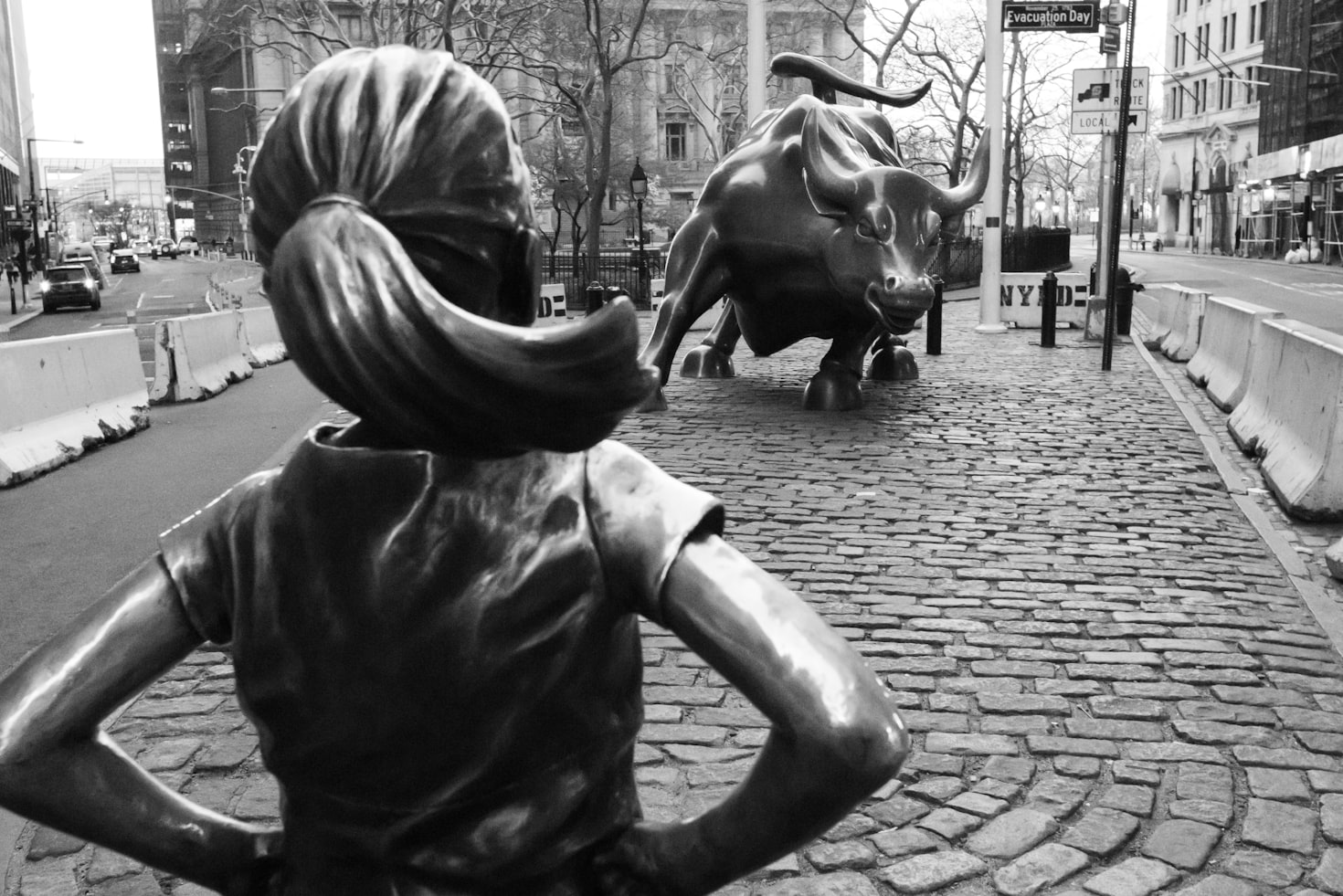Pentecost Sunday
Readings: Acts 2:1-11; Psalm 103 (104): 1, 24, 29-31, 34; 1 Corinthians 12: 3-7, 12-13; John 20: 19-23
Picture: By Kinga Howard on Unsplash
My dear friends, would you mind doing a very simple exercise with me? When I give the word, just gently take a deep breath and hold it in for a moment. Then slowly let it out. That’s it. Simple. Okay? Ready? Breathe in… Hold… Breathe out… How do you feel? What happened? At least three things, right? First, by flexing some muscles, we expand our chest. We make space for air to flow into us, for the breath to fill our lungs. But we don’t just keep the air to ourselves, we release it. As a result, we receive new life. Our bodies are renewed.
Inhalation, exhalation and renewal. Doesn’t something similar happen at Pentecost? For a start, it’s helpful to notice a word that keeps recurring in our Mass today. The word is fill. The entrance antiphon reminds us that the Spirit of the Lord has filled the whole world. In the opening prayer, we ask God to fill… the hearts of believers with divine grace. And in the first reading, not only does the noise of a wind fill the entire house, the disciples are filled with the Holy Spirit. And it’s worth recalling that the Hebrew word for spirit also means breath.
At Pentecost, the Spirit comes like a divine breath from heaven and fills the disciples. This doesn’t happen by accident. As we may recall from last Sunday’s reading, the disciples had prepared for it. They were praying steadfastly, and with one accord, in the upper room. And before that, the Crucified and Risen Jesus had been consoling, encouraging and guiding them. Helping them to release their guilt and grief, and make space for the Spirit. Teaching them to inhale the very Breath of God. All of which, by the way, has also been our experience throughout the season of Easter.
And just as inhalation naturally leads to exhalation, shortly after being filled with the Spirit, the disciples are led to share God’s Breath with others. Bearing witness to Jesus not just through their preaching, but also in the shared life they lead. Doing for others what Jesus does for them in the gospel. He breathes on them, and shares with them both his mission and the power to carry it out. A mission that benefits not just those at whom it is directed, but also renews the Church. Helping her become what she is called to be. Not just an accidental gathering of harassed weekend worshippers, but a single Body of Christ, made up of different parts, each uniquely gifted to offer fitting service to the Lord.
Inhalation, exhalation, and renewal. Isn’t this what the Spirit brings at Pentecost? Isn’t this how the Breath of God comes to fill and renew everything? And doesn’t our shiny modern world need this precious gift now, when so many of us often find ourselves either struggling to breathe, or even forgetting how? Too many still lack the most basic conditions for safe and dignified human living. While others are deceived into smothering themselves with the endless pursuit of superfluous things. Yet, amid it all, the Spirit continues to blow and flow, filling the world with God’s life and love. All we need to do is make space.
Sisters and brothers, how is the Spirit inviting us to breathe more deeply today?

